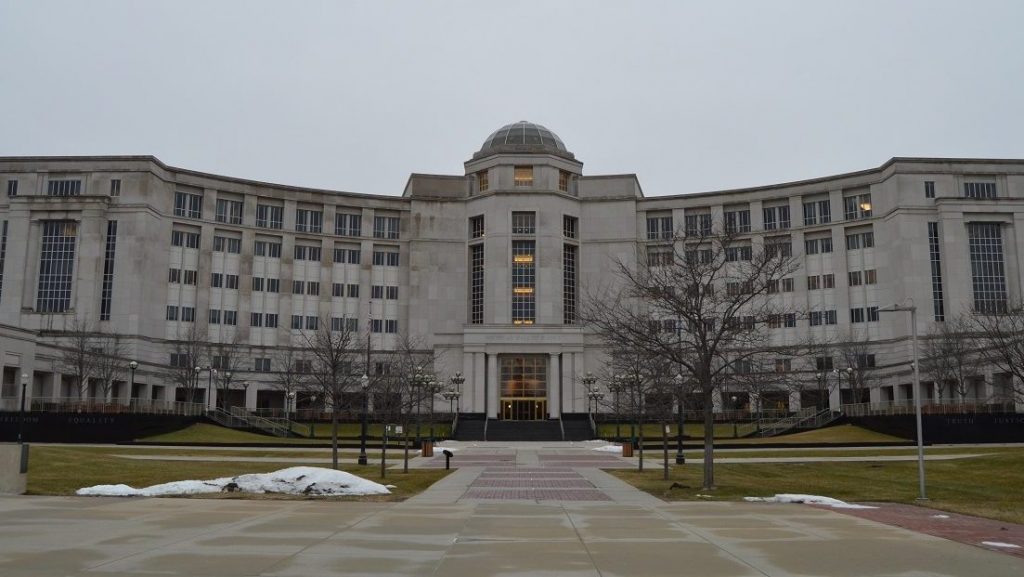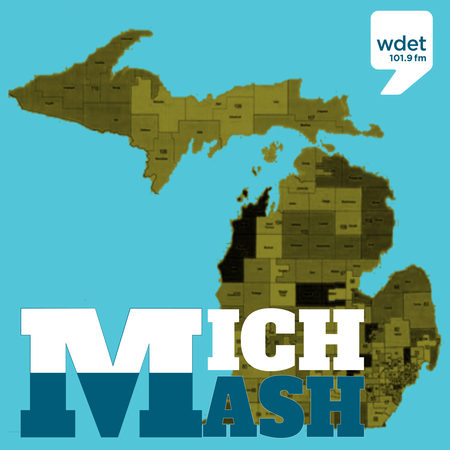MichMash: Can You Handle This Truth? You Need to Research Your MI Supreme Court Races
Political parties nominate justices to Michigan’s Supreme Court — but you will not see an R or D or any other party indication on your ballot.

Michigan Supreme Court

You may be hearing the phrase lately, “vote the whole ballot.”
You’re hearing that because there are a lot of races further down the ballot after the governor, attorney general, secretary of state, and state House and Senate that people sometimes forget about.
As part of the weekly series MichMash, Cheyna Roth and Jake Neher recently talked about the importance of the non-partisan portion of your ballot. You can hear that conversation here.
Now, Neher and Roth discuss a specific race in that section of the ballot that is especially important to state policy-making, but often falls off voters’ radars – Michigan Supreme Court.
Click on the audio player above to hear that conversation.
From early drama to…crickets?
The race for the Michigan Supreme Court started out with heightened emotions on the Republican side. At the nominating convention, Republican nominee, and current Michigan Supreme Court Justice Elizabeth Clement was booed by attendees. That’s because she went with the majority on some very controversial opinions, including one involving another item on the ballot, Proposal 2. Clement joined the majority to allow the redistricting initiative to go on the ballot, much to the chagrin of Republicans who were trying to keep the measure off the ballot.
But while Clement started the race in the bad graces of some Republicans, the race as a whole has been pretty quiet since then, with Clement even appearing in an ad with fellow Republican justice on the ballot, Kurtis Wilder.
Which is frustrating, said Roth, because, “They are really the last check on the state Legislature, they are responsible for really shaping our state policy.”
But you won’t see an R or D or any other party indication on your ballot
While Neher and Roth talk about the justices and candidates as Republicans and Democrats – they will actually appear on the nonpartisan section of your ballot. So your ballot won’t tell you which party these candidates are backed by and identify with. But we’ll help you out with that.
Wilder and Clement are supported by Republicans and were chosen at their nominating convention. Samuel Bagenstos and Megan Cavanagh are supported by Democrats and were chosen at their nominating convention. Kerry Lee Morgan identifies as a Libertarian and Doug Dern identifies as part of the Natural Law party.
Even though you now know which party each candidate is affiliated with, it’s still important to do your research. Neher said the controversy surrounding Clement shows that just because you know the party, doesn’t mean you know the candidate.
“It’s a good example as to why even if you have those partisan indicators, that may not tell you the whole story about who you want to vote for,” Neher said. “So do some research on these candidates.”
